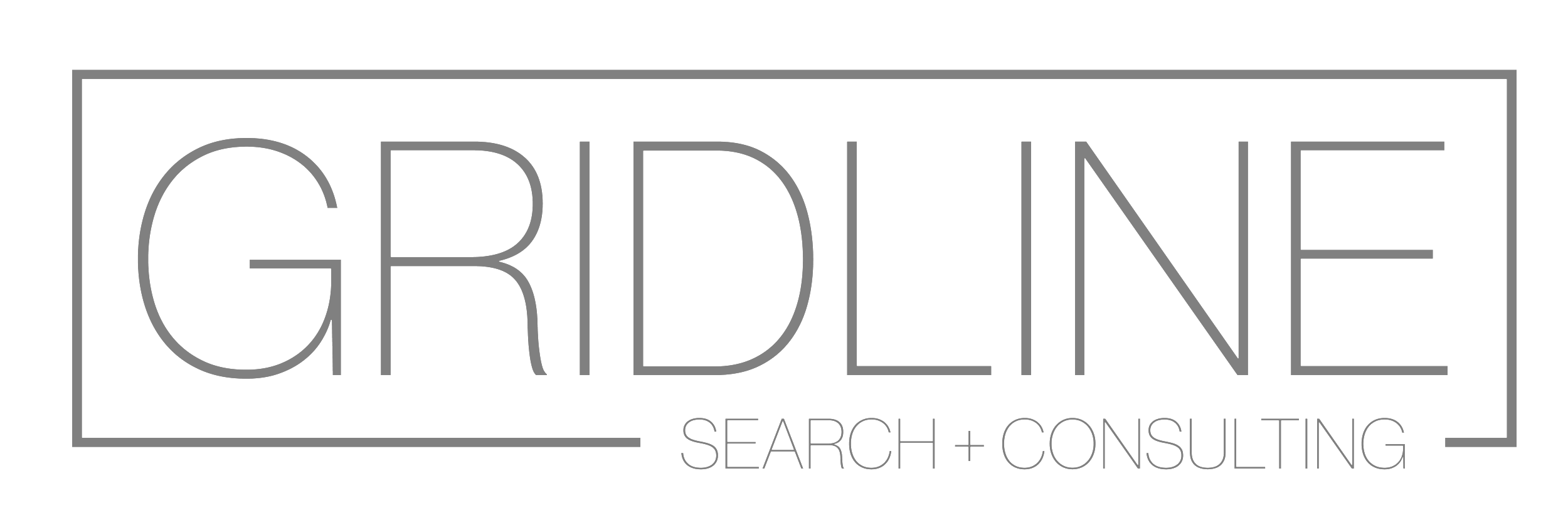How to communicate with your lateral associate legal recruiter
When I speak with BigLaw associates thinking about a lateral firm move, they often don't know what it is like to work with a recruiter. Maybe they have responded to a couple cold calls or messages on specific positions. But it's rare that they've worked with a single legal recruiter on a strategic lateral move or relocation.
It goes without saying, but understanding how to communicate with your legal recruiter is essential.
Clear communication can be the difference between getting a position of interest or getting noting at all.
Here are my essential tips:
Start your conversation with a recruiter by telling them about your career and job search goals. I start every interaction with a BigLaw associate considering a lateral move with a 15-30 minute phone or Zoom conversation to discuss job search goals. Why is the associate looking to move? What types of employers are of interest and in what order of priority? What types of practice does the associate have and what are they interested in changing/shifting (if anything)? What are the associate's reputation and compensation goals? What are the geographic bounds? In order to be helpful, it's important to know the scope and boundaries of the associate's search.
Make sure the recruiter will be helpful in the type of job search that you want to do. Recruiters cannot assist every BigLaw associate on every move that they are trying to do. Recruiters are paid by employers to fill positions, but employers won't pay to fill every position. Maybe there is not high demand for your practice area at employers. Maybe you are too junior or senior for the openings that exist. Maybe certain qualifications will make it difficult to be successful in a recruiter-supported search. As a recruiter, I'm always up front about when I think I can be helpful and when I cannot. Ensure that the recruiters you speak to are confident in their ability to provide assistance. Ask about their employer connections and specific positions that come to mind. Ask how they plan to be helpful in terms of material preparation and review, mock interviews and offer evaluation and negotiation. If you don't feel a connection with the recruiter, do not move forward with them.
Ask the recruiter how they plan to communicate and keep you updated. One common complaint I've heard from candidates working with other recruiters is their lack of responsiveness, often requiring constant follow-ups. This issue can be mitigated by establishing clear expectations with a recruiter before fully engaging with them. Personally, I use various communication methods with candidates such as shared Google Spreadsheets, emails, phone/Zoom calls, and texting to maintain contact. For less urgent updates, I utilize the spreadsheet; for moderately urgent matters, I may choose email, and for immediate responses (like scheduling interviews), I prefer calling or texting. It's important for recruiters to recognize that candidates have busy schedules and to communicate accordingly. However, they should also be prompt in addressing your questions and providing updates since it's your job search at stake.
Tell the recruiter about every job, position and employer to which you have already applied, either directly or through another recruiter. A recruiter can only help you with positions to which you have not already submitted. Some candidates mistakenly believe that a recruiter can use their contacts to advance a self-submitted application, but this isn't the case. Employers will consider these types of applications already submitted and they will not compensate the recruiter. It is the same case when another recruiter has already submitted to an employer. It is completely fine to work with multiple recruiters - just make sure you are clear who has submitted what so wires don't get crossed and complicate your candidacy.
Approve recruiter submissions on your behalf with specificity. Before you send a resume to a recruiter, make sure to include a note in your email that says something to the effect of "Do not recirculate or submit this resume to any employer without my express and specific permission." Once you talk to a recruiter and provide a resume, they may be operating under the assumption that they can submit on your behalf to any employer, lead or job posting that fits within your career goals. Do not let recruiters do this. Ask them to provide a list of job opportunities and leads (I often do this through a shared Google Spreadsheet that is always accessible to the candidate). Once you provide the above note in your initial email, the recruiter will understand that they will need your written authorization each time they submit your materials. This will ensure you retain control of your job search
If communication consistently fails, seek another legal recruiter. Maybe a recruiter submits you for a position or two. You don't hear anything so you follow up. You don't hear back from that for days or weeks. It's time to move on. The recruiter is implicitly telling you that they have heard nothing and they don't have any other positions for you. But another recruiter may have
